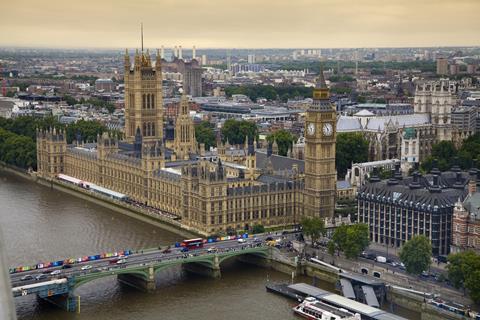
Chancellor Rachel Reeves’ spring statement delivered what she promised – an “update on public finances” – meaning businesses hoping for a last-minute reprieve on additional costs were left disappointed.
And while more than £600m was announced to train construction workers to “get Britain building”, the food and drink sector was absent from the speech.
Now it’s staring down the barrel of a raft of cost increases including changes to National Insurance (NI) contributions and the National Living Wage as well as a reduction in business rates relief. This is further compounded by the news from the Office for Budget Responsibility (OBR) which halved the UK’s growth forecast for 2025 from 2% in the autumn to 1% now.
Responding to the statement, Kate Nicholls, chief executive of trade body UKHospitality, described it as “yet another missed opportunity to avoid an April cliff edge” which level a £3.4bn annual increase to the sector’s tax bill thanks to changing employer National Insurance contributions [NICs].
“The government’s own analysis shows the failure to address the employer NICs threshold will force businesses to freeze recruitment, reduce hours available for staff and reduce employment levels in the very sectors the government needs to achieve its goal to get people off welfare.”
The baking industry hasn’t been quiet about the impact of Reeves’ changes – first outlined in the Autumn Budget. Leaders from across the baking industry made their concerns known warning that the additional costs could lead to job losses, fewer recruitment opportunities, less investment in a sector which literally feeds the nation, and business closures.
The increase in NI contributions were previously described as a “burden laid on industry” by Andrew Pyne, chief executive of the Federation of Bakers which represents the UK’s largest plant bakers. “This will ultimately impact opportunities for future investment and growth, reduce resilience, and impact the costs to consumers, making food price inflation an ongoing issue,” he added at the time.
Karen Dear, chief executive of the Craft Bakers Association, even warned of “job losses and, in some cases, business closures”.
Ripples are already appearing. A shrinking high street customer base, inflation, energy costs, and wage and National Insurance increases were the reasons given by the owners of The Crusty Cob which permanently shuttered its nine sites across Devon and Somerset earlier this month, resulting in the loss of more than 100 jobs. Cumbria’s Grange Bakery, which closed its four shops in February, said the “current economic climate has been very difficult for small independent businesses”.
Discussing the challenges and opportunities facing bakery business in 2025, Lesley Cameron, chief executive of Scottish Bakers, added that the increased payroll obligations would mean many bakeries would “struggle to assign funds for crucial investments”. “Upgrades to technology, such as automated production lines will be postponed, limiting both innovation and long-term competitiveness. Likewise, marketing budgets, expansion plans, and skills development programs will be cut or delayed,” she added. All this as the industry still struggles to find labour.
There are some green shoots though. Recognising that business confidence has plummeted, the Food & Drink Federation has unveiled a plan to unlock investment in innovation, boost productivity, and accelerate growth for food and drink manufacturing.



















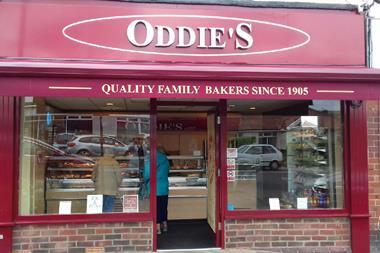
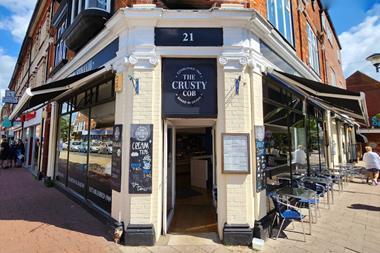

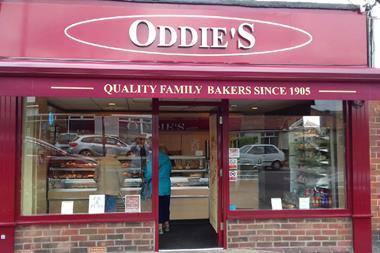
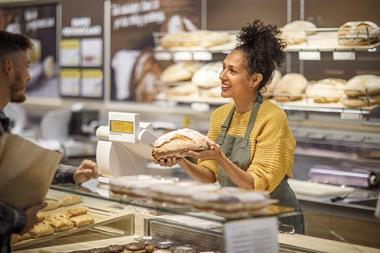
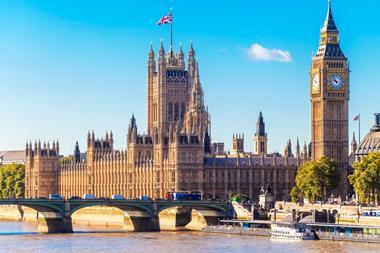
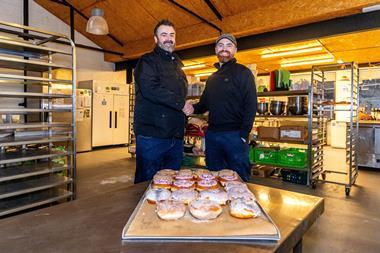
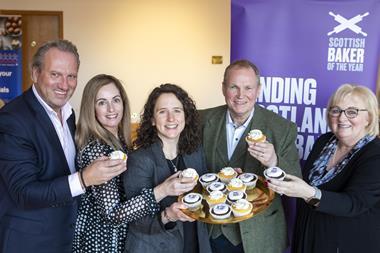


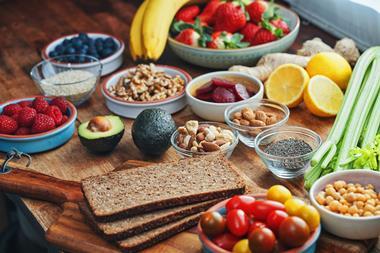


No comments yet